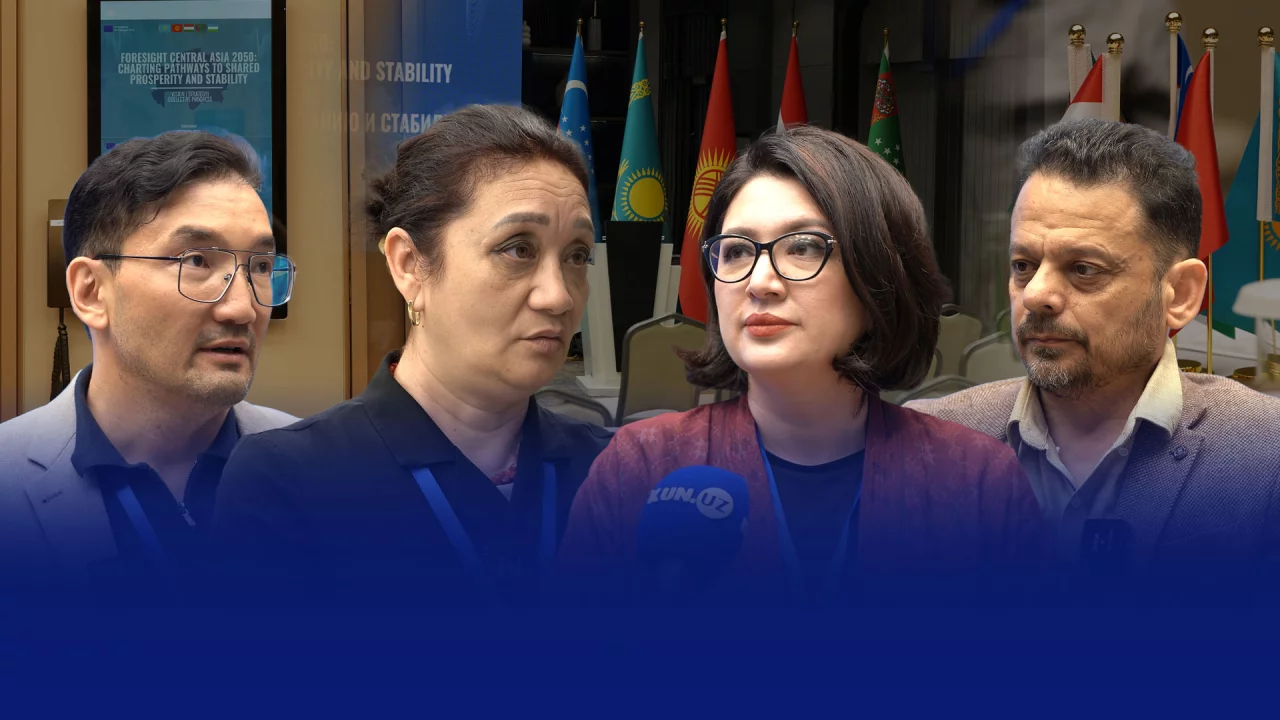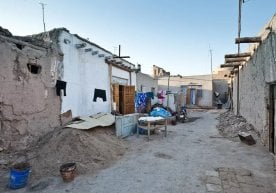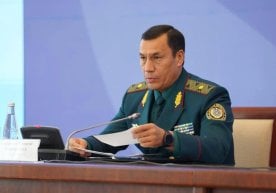Analysts on the future of Central Asia: "Water will become more valuable than oil"

Analysts from the five Central Asian countries are currently discussing regional issues and the future of the region in Tashkent. The opinions and viewpoints of the experts are being taken into consideration as recommendations for the presidential consultative meeting. A participant from Kazakhstan stated that the infrastructure built during the Soviet era is still functioning, but between 2025 and 2030, it will become completely outdated. According to a Tajik expert, in the future, water will be more valuable than oil.
Participants are being asked to submit proposals in four directions: water and energy, transport, industrial cooperation, and social development issues.
“The largest group is from Turkmenistan – six people. This shows that each country in Central Asia supports integration and closer cooperation. Today we are accepting each proposal, reviewing them, and evaluating their feasibility,” said analyst Aziza Umarova.
The presence of not only state-affiliated but also independent analysts ensures equal representation of expertise. According to a participant from Kazakhstan, one of the biggest issues of the region is that the countries are still living within the infrastructure built by the Soviet Union, and unfortunately, it has aged significantly.
“The Soviet infrastructure is severely outdated. Yes, the Soviet Union has legally collapsed, but its legacy is still alive. Between 2025 and 2030, the infrastructure they built will become entirely obsolete. We feel like we are physically stuck in the post-Soviet space. For instance, in Kazakhstan, 70% of the energy infrastructure is outdated. Sadly, despite having rich oil reserves, independent Kazakhstan has not been able to invest in building new energy capacities in time,” said economist Rakhim Ushakbayev.
Energy is a key issue for the region, and every state is forced to engage with the global market in this area. According to analysts, there have not been enough new energy enterprises built in the region.
“Only 8% of the total energy production comes from green energy. Yes, Kazakhstan has small reserves, but the main coal and heat-based plants have not been modernized; they have aged, and new ones have not been built. Kazakhstan has three oil refineries, which have been modernized, but not a single new refinery has been built since independence. You will find such problems playing a negative role across the whole region. This is a major challenge. Now the question is — can we raise enough capital to update our social and energy infrastructure? Who will invest?” added Ushakbayev.
Uzbekistan has long been advocating for a unified visa regime in Central Asia. This would bring people closer together, open borders, and reduce unnecessary bureaucracy. So, at what stage is this process?
“When Uzbekistan canceled the visa regime with Tajikistan, over one million Tajik citizens visited Uzbekistan in the first year. The issue of a single visa is regularly raised — the foundation has already been laid. If the Central Asian countries speak separately, we do not attract much interest. To see ourselves not only as citizens of Uzbekistan but also of Central Asia, we need to develop a regional identity. We will continue to assess how realistic it is to implement this. And let me say — Uzbekistan currently enjoys the broadest visa-free access with the most countries in the region,” said organizer Aziza Umarova.
Experts are also expected to present their vision of what the region should look like in 2050 and jointly develop a growth scenario. According to Saodat Jurakhonzoda from Tajikistan, Dushanbe has identified five priorities for the future.
“These include ensuring food security, achieving energy independence, overcoming communication dead-ends, developing industrialization, and transforming Tajikistan from an agrarian into an agro-industrial country. We will need to work on all five areas together to improve our overall economic condition,” said Jurakhonzoda.
Water scarcity is one of the region’s major issues. In such conditions, it is crucial that the five countries speak with one voice.
“The value of water is increasing around the world. We have raised the issue of water even at the UN. As President Rahmon said, water will one day be more valuable than oil. Of the 14,000 glaciers in the Pamir Mountains of Tajikistan, a thousand have already melted. Is this just our problem? No, it is a regional one. Don’t forget — most rivers in Central Asia originate in Tajik mountains. To secure the future of Central Asia, we must preserve these glaciers,” emphasized Jurakhonzoda.
The drying of the Aral Sea has already become an environmental disaster for the region, affecting its climate and ecosystem. Inefficient use of water resources could, by 2050, accelerate the melting of glaciers and disrupt water-related projects. Analysts warn that this would especially impact Uzbekistan, the Fergana Valley, and Afghanistan. On the demographic side, the population of the region is projected to approach 100 million.
Prepared by: Shohruh Majidzoda
Read “Zamin” on Telegram! Ctrl
Enter
Found a mistake?
Select the phrase and press Ctrl+Enter 





















